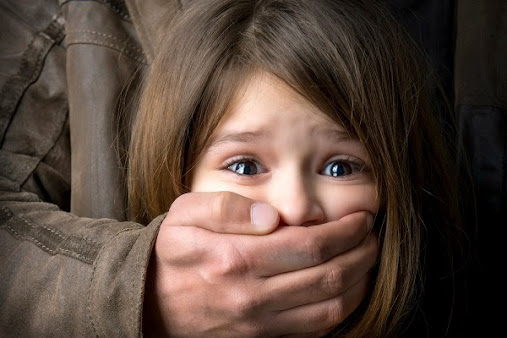Pedophilia is considered one of the most heinous crimes in the United States. Those who commit sexual offenses against children face severe legal consequences, including lengthy prison sentences and lifetime registration as sex offenders. However, the punishment for such crimes is not uniform across the country and can vary depending on the state and the specific circumstances of the case.
In the United States, the punishment for pedophilia is governed by state laws. Each state has its own criminal code and sentencing guidelines, which dictate the punishment for specific crimes. For example, in some states, a person convicted of sexual abuse of a child may face a maximum sentence of life in prison, while in other states, the maximum sentence may be 20 years.
Federal laws also play a role in the punishment of pedophilia. For example, the Adam Walsh Child Protection and Safety Act, passed in 2006, established a national sex offender registry and increased the penalties for certain federal sex offenses involving children.
When it comes to the punishment for pedophilia, many states have adopted a "three-strikes" law, which imposes harsher sentences on repeat offenders. These laws require that a person convicted of a third serious sex offense be sentenced to life in prison without the possibility of parole.
In addition to prison sentences, people convicted of pedophilia must also register as sex offenders. This means that their name, address, and other personal information will be made available to the public through a sex offender registry. In some states, this registration is for life, while in others, it may be for a set period of time.
The punishment for pedophilia also includes a number of post-release conditions. For example, a person convicted of such a crime may be prohibited from living or working near a school or other location where children congregate. They may also be required to participate in counseling or treatment programs.
Some states also have laws that allow for the chemical castration of sex offenders. This is a process where medication is administered to reduce the offender's sex drive, in an effort to reduce the risk of recidivism. However, the use of chemical castration is controversial, and its effectiveness is still debated.
In some cases, the punishment for pedophilia may include civil litigation. For example, the victims or their families may choose to file a lawsuit against the offender or against any organization that may have been negligent in preventing the abuse. These lawsuits can result in large monetary settlements or judgments.
Despite these severe punishments, many experts argue that they are not enough to address the problem of pedophilia. They argue that more needs to be done to prevent child sexual abuse in the first place, including better education and training for parents, teachers, and other adults who come into contact with children.
In conclusion, the punishment for pedophilia in the USA is severe, with long prison sentences and lifetime registration as sex offenders. However, it can vary depending on the state and the specific circumstances of the case. While the punishment for such crimes is important, many experts argue that more needs to be done to prevent child sexual abuse in the first place.

Comments
Post a Comment